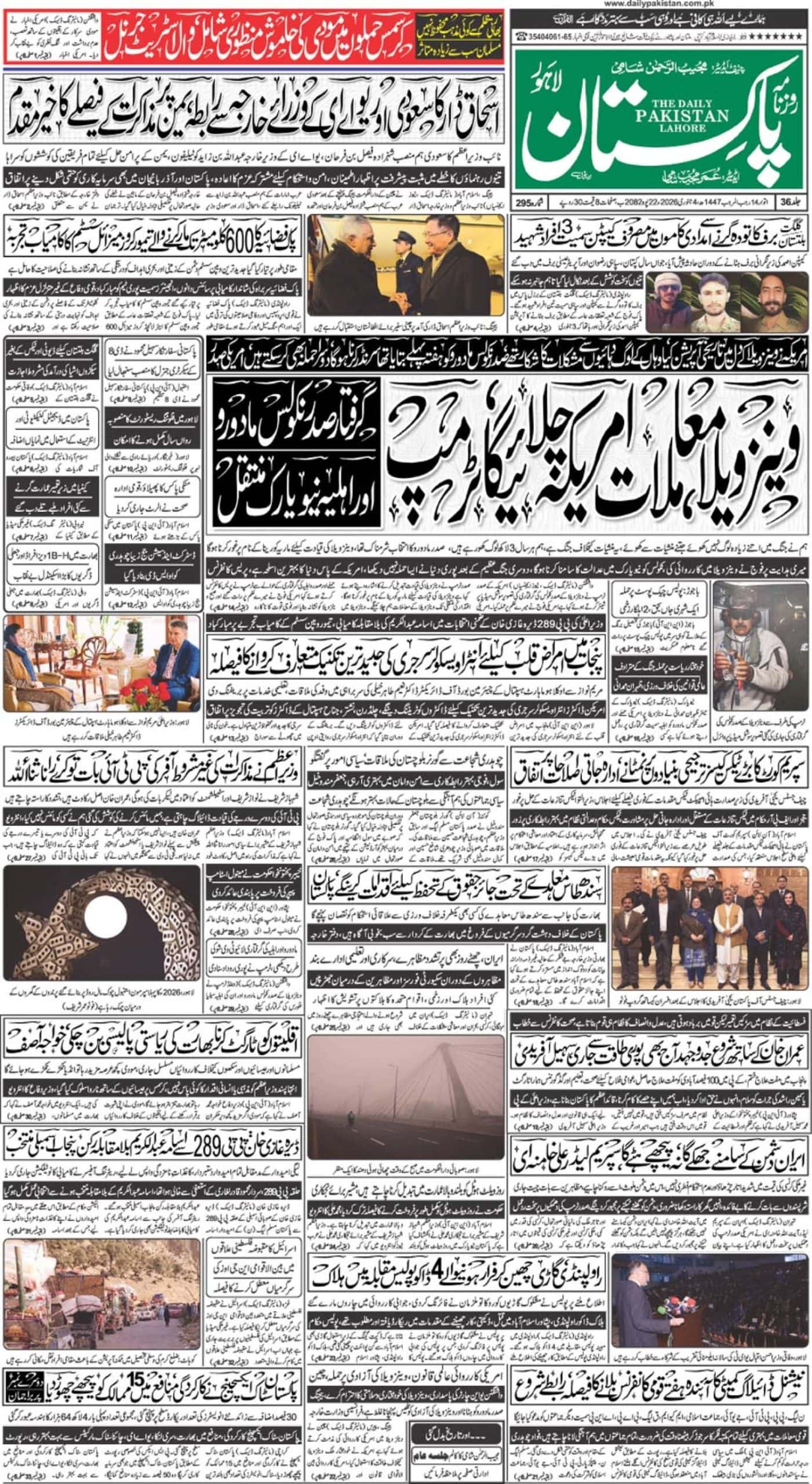2022 has seen a significant rise in the cost-of-living for Pakistanis, and the economic situation continues to cause concern for individuals across the country. With the prices of essentials constantly going up – and incomes of the working class remaining stagnant – managing day-to-day expenses has become a challenge. However, there are some simple changes that can be made to get maximum value out of your spending without having to drastically cut down on your shopping list:
Bank cards: Card providers want you to spend more. It is a simple equation – if you aren’t spending money, they aren’t making money. Because of this, they will generally work towards providing their customers with incentives such as reward points and direct offers from retailers. This is a win-win for the card provider and the retailer; the consumer is incited to spend money and the retailer gets business. If you have a credit/debit card, a good starting point would be to browse existing offers and opt for retailers offering deals/discounts on your respective card.
Besides in-store outlets, you can also look into online platforms such as Daraz and Savyour, that offer additional discounts and cashback on specific days. Browsing online is also beneficial because you can easily compare products and find the best fit for your requirements and budget.
Off-season sales: Certain high-quality items, such as winter coats or lawn suits, are much cheaper if you wait until they’re no longer in season and brands put out their clearance sales. Visiting the factory outlets of high-end brands such as Khaadi and Outfitters is also a great way to find off-season clothes all year round.
It takes planning and the willingness to do a little stockpiling, but great deals can be found. Waiting can also save you money on electronics such as smartphones and televisions. When brands are gearing up to release an upgrade, previous models are often discounted at a cheaper price. Air conditioners and heaters are also sold at a higher price depending on the season, so planning your purchase accordingly can help save a decent amount.
Adopt smart grocery shopping habits: “Inflation is here to stay and your disposable income is not going to catch up to the rising prices of essential goods anytime soon. Since grocery shopping usually consumes the biggest chunk of your income, the smart thing to do is to start there by adopting smarter shopping habits. Usually, these habits are minor tweaks we take for granted. However, adopting them can lead to significant savings each month.” suggests Hamza Ali Shahjehan, Head of Grocery & Marketplaces Category, Savyour.

Understand the difference between your essential and discretionary expenses in your grocery list. These expenses vary from household to household. Usually, essential grocery purchases include flour, oil, pulses, meat, personal and babycare items, etc. In short, every grocery item you cannot run your home without.
Choose local alternatives to your choice of brands. Your community or mahalla shops often have good alternatives. Even the big chains have them stacked. Ask around and try them in smaller quantities before slowly moving to them. Pulses, flour, sugar and other pantry essentials are often not on display at home. They’re easier to change and often have great alternatives available in the market.
Bulk buying: Buying in bulk can definitely save you money in the long run, if you list down your essentials properly and identify goods which will definitely get used. There are several bulk-friendly stores such as Metro Cash & Carry, Imtiaz and Carrefour to stock up on groceries and household items. If you are more comfortable ordering online to avoid the hassle of commuting and carrying your stuff around, then platforms such as Naheed.pk and Al-Fatah also offer home delivery.
For fast delivery, q-commerce stores such as pandamart and Kravemart are also convenient solutions now available in most cities. Make sure you keep an eye out for on-going discounts, and order bigger quantities to make the most of them. Opting for these solutions can also help you save on fuel cost.
Read reviews: Before making any online purchase, it is important to read reviews – particularly from a neutral platform – in order to make informed decisions. Doing so can save you the time, money and frustration of returning a poor product or worse, scams. Reviews by experts also help in understanding the pros and cons of a high value item such as devices, which could be difficult to figure out through marketing material alone.
Promo codes: If you plan to make an online purchase from a specific brand, it is helpful to check if there are any promo codes available for the website. In some cases, you can get up to 15% off as a reward for simply signing up for a membership or their newsletter. Certain brands have now also started offering early-bird access to their new product ranges or sales which come with a limited timed discount; hence it sometimes pays to keep an eye out by following their newsletters and social media accounts.
BNPL/installments: For big ticket purchases, several financial institutions are now offering solutions such as installments on bank cards with 0% markup or BNPL (buy now, pay later). If you plan out your finances accordingly, these are a great help to immediately buy something that is time-specific instead of having to wait till you have saved the full amount. Just be mindful when opting for such services – read the terms and conditions thoroughly to avoid any hidden charges, and don’t get carried away in buying things you may not necessarily need!














